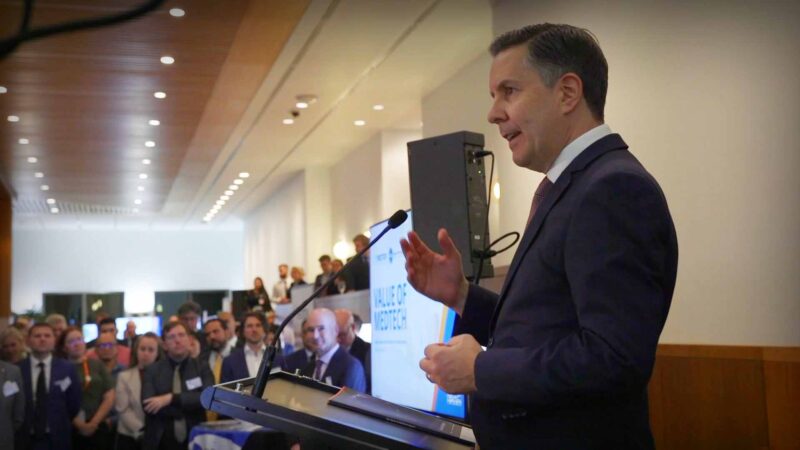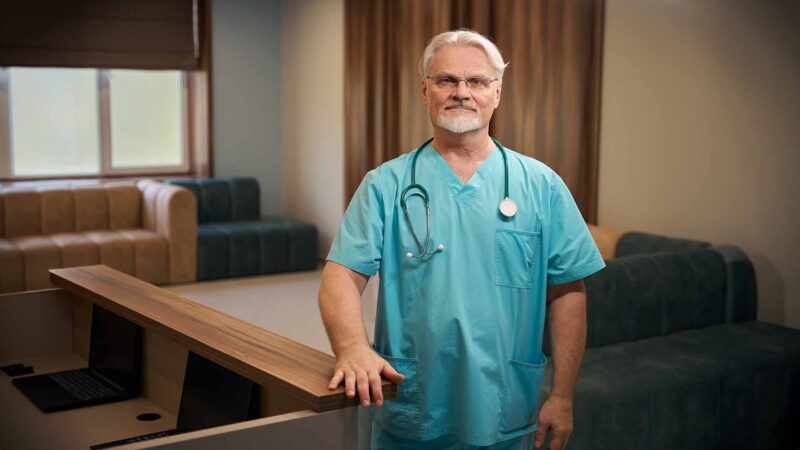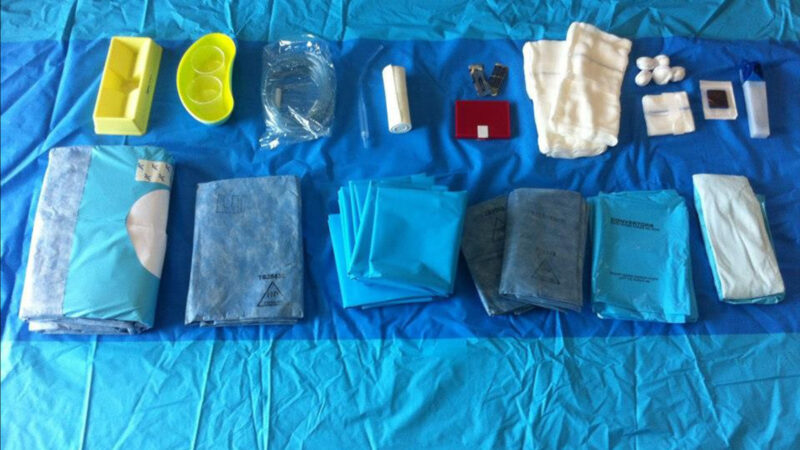LEADING EXTRACELLULAR VESICLE RESEARCH TOWARDS THE NEXT GENERATION OF TREATMENTS AND DIAGNOSTICS
With
Associate Professor Joy Wolfram, Group Leader,
Australian Institute for Bioengineering and Nanotechnology,
School of Chemical Engineering, University of Queensland
PEOPLE IN HEALTH CARE SEGMENT
Filmed in Brisbane | May 2025
Joy Wolfram is an Associate Professor at the Australian Institute for Bioengineering and Nanotechnology and the School of Chemical Engineering at the University of Queensland in Australia. Originally from Finland, she earned both her bachelor’s and master’s degrees in biology before transitioning to engineering with a PhD in nanotechnology completed in China. Wolfram has over a decade of experience working in hospitals in the United States before joining the University of Queensland.
Her research focuses on extracellular vesicles, which are crucial for cell communication both locally within tissues and over longer distances between organs. Her lab studies the roles of these vesicles in both health and disease, particularly in cancer. They investigate the harmful messages released by cancer cells that aid in tumour growth, specifically in breast cancer, while also exploring how to harness beneficial extracellular vesicles from healthy individuals as potential therapeutics.
Wolfram’s lab is currently funded by the National Breast Cancer Foundation for a four-year project aimed at understanding how breast cancer-derived vesicles evade the immune system. Collaborations with the Faculty of Medicine and hospitals in the U.S. enhance her research efforts. Additionally, partnerships with local industries in Brisbane, supported by the Medical Research Future Fund, promote academia-industry connections. Notably, funding from Health Translation Queensland allows her to compensate patient advocates who contribute valuable insights and direction to her research.
Source: Written by AUDIENCED from transcript
You Might also like
-
Value of MedTech Report brings Industry and Government together
In June 2023 the Medical Technology Association of Australia (MTAA) launched The Value of MedTech Report – a major study quantifying the difference the MedTech industry makes to the lives of Australian patients, the healthcare system and the Australian economy.
Australian Health Journal spoke with MTAA CEO, Ian Burgess and MTAA Policy Manager, Pravin Siriwardena about the report and its key findings.
-
State of private healthcare in Australia
Australia’s healthcare system is often described as a mixed system, with a combination of public and private providers. While public healthcare through Medicare provides universal coverage for essential services, private healthcare offers additional options and amenities for those who can afford them.
Private Healthcare Australia (PHA) is the Australian private health insurance industry’s peak representative body that currently has 21registered health funds throughout Australia and collectively represents 98% of people covered by private health insurance. PHA member funds today provide healthcare benefits for over 14 million Australians.
-
Nurse recognised for reducing hospital waste
A nurse who started a charity from a granny flat in her parent’s backyard to reduce hospital waste has taken out one of the Australian nursing profession’s most prestigious honours.



